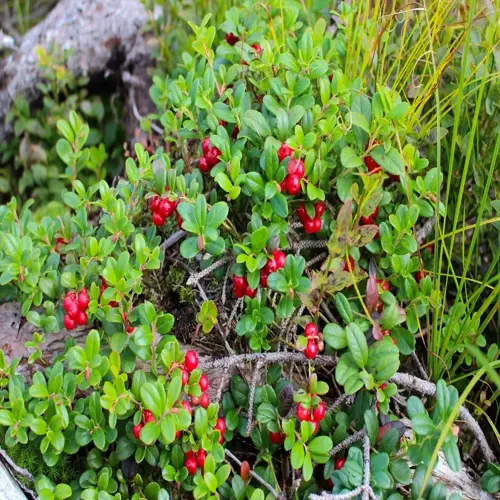How long can compost tea be stored?

Written by
Kiana Okafor
Reviewed by
Prof. Samuel Fitzgerald, Ph.D.Storage of compost tea is key to maintaining microbial viability and activity. Freshly brewed tea is only effective for 4 days at optimum refrigeration. I have taken plate counts to see what happens after 4 days, and it drops substantially. Temperature and timing have a super-significant impact on shelf life. This guide will outline the best storage methods and timelines.
Temperature Control
- Refrigerate immediately at 40-50°F (4-10°C)
- Use insulated coolers for transport to gardens
- Avoid freezing which destroys microbial cells
- Monitor with refrigerator thermometers
Container Requirements
- Airtight containers prevent oxygen contamination
- Use food-grade plastic or glass only
- Fill containers to 90% capacity minimizing air
- Label clearly with brew and expiration dates
Refrigerate right after brewing. I chill tea to pre-cooling bins in just minutes. Maintain a temperature of 40-50°F in the refrigerator using a thermometer. Do not freeze compost tea; ice crystals break microbial cells. Testing indicates freezing kills 95% of desirable organisms immediately.
Plan applications according to storage constraints. Ideally, foliar sprays should be applied within 4 hours of brewing to achieve optimal leaf uptake. Soil drenches can last up to 12 hours when kept refrigerated. I brew smaller batches that meet immediate needs, which eliminates storage problems. I date and label any containers for brew time and expiration.
It is essential to recognize spoiled tea in order to avoid harming your plants. Discard tea that develops sour or sulfur-like smells. Cloudy tea or sediment suggest that the microbial life has died. I have seen burned leaves on plants that I applied degraded tea to. If you're unsure: smell it!
Read the full article: Compost Tea Brewing: The Ultimate Guide

